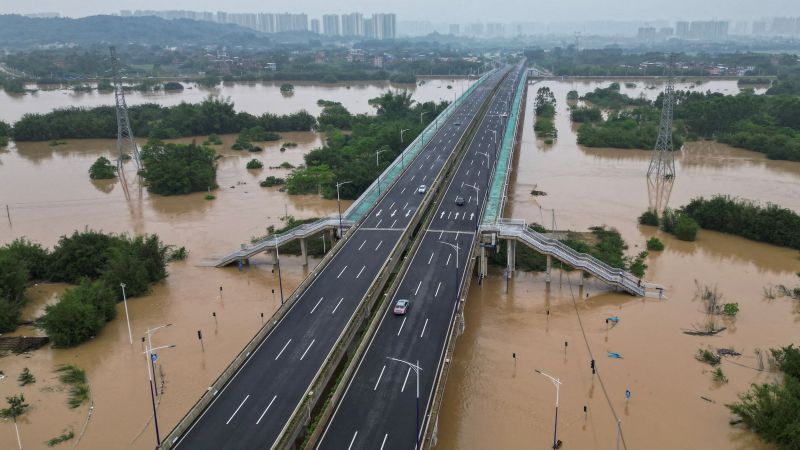Several Chinese cities relaxed strict anti-Covid rules on Friday, following historic protests in recent days demanding an end to restrictions and greater freedoms.
Chinese people’s anger and frustration with Beijing’s tough line in the fight against the pandemic is starting to pay off. Following the protests, which represented a level of mobilization not seen in decades, many cities began to ease health restrictions, such as abandoning daily mass testing, one of the most difficult pillars of life under the regime. Zero-Covid”.
Starting this Friday, December 2, Chengdu, a city in the southwest of the country, will no longer require a recent negative test result to enter public spaces or travel on the metro, but only a health pass for green. Cross a “high risk” area.
In the capital Beijing, health officials called on hospitals on Thursday to stop refusing treatment in the absence of a PCR test for less than 48 hours.
Preventable deaths
China has seen deaths when treatment or recovery is delayed by strict anti-Covid measures, most notably the recent death of a four-month-old baby in isolation with his father. In January, a pregnant woman from Xi’an also lost her baby after the hospital refused to take her because she did not have a PCR test.
Deaths during the protests have been a rallying cry since a post went viral listing the names of all those who died due to neglect of health restrictions.
Several cities hit by the surge in coronavirus cases are now allowing restaurants, malls and schools to reopen, a clear departure from the strict lockdown rules in place so far.
A series of controversies
Supermarkets, hotels, restaurants and gas stations will also gradually reopen for skiing in the city of Urumqi, the capital of the northwestern Xinjiang region, where a deadly fire sparked the first protests, authorities announced Friday.
The city of more than four million people has been under one of China’s longest lockdowns, with some neighborhoods closed in early August.
A fire at an apartment building on November 26 killed 10 people, and restrictions are said to be the reason for the delay in relief.
Quarantine at home
In an analysis published Friday by People’s Daily, an arm of the ruling Communist Party, many health experts support measures taken by some local authorities to keep positive cases in home quarantine.
This was a dramatic change from the rules in place until then, which still required most of the country to confine victims to government facilities.
The southern industrial city of Dongguan announced Thursday that people who meet “specific conditions” will be allowed to remain in home quarantine, without specifying what those conditions are. Shenzhen, a tech megalopolis in the south, unveiled a similar policy on Wednesday.
“New Circumstances”
Nationally, government officials have also signaled that a broader relaxation of policy may be considered.
Speaking to the National Health Commission on Wednesday, Vice Premier Sun Chunlan acknowledged the low risk of the Omicron variant and the improvement in vaccination rates, state-run Xinhua news agency reported. That’s why China’s approach to the virus is “facing new circumstances,” he said.
Sun Chunlan, a key figure in China’s strategy to counter the pandemic, made no mention of the “zero Covid” policy, raising concerns that the strategy has disrupted the lives of Chinese people and their country’s economy for three years. It will be peaceful soon.

“Tv expert. Writer. Extreme gamer. Subtly charming web specialist. Student. Evil coffee buff.”







More Stories
UK to increase aid to Kiev
Volodymyr Zelensky says Ukraine and US 'start working on security deal'
NATO says US aid delay could have consequences on Ukraine battlefield